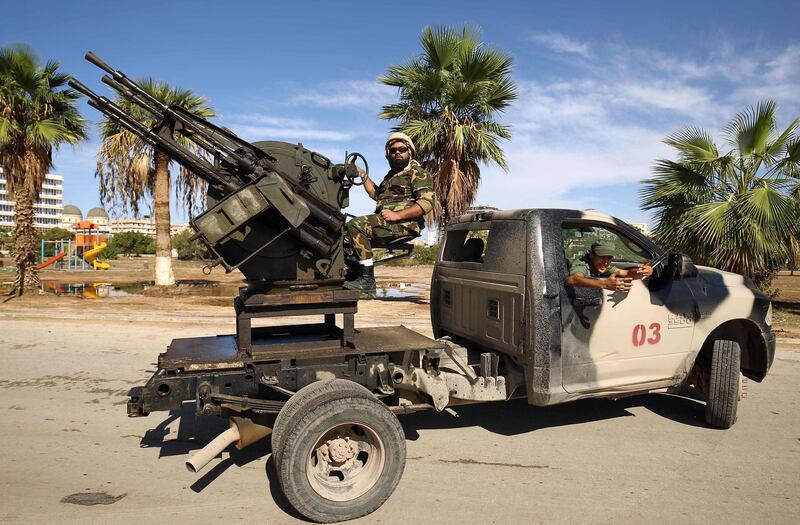The Belgian government faces fresh scrutiny this week over its role in sanctions-busting financial transfers from frozen Libyan bank accounts that allegedly benefited the country’s warring factions.
The transactions involving millions of euros of supposedly frozen Libyan assets has raised fears the funds may have been secretly used to buy arms for feuding militias.
The UN froze an estimated $67 billion of the Libyan sovereign wealth fund in 2011 to prevent money being seized during widespread violence that led to the overthrow and death of dictator Muammar Qaddafi.
A UN report revealed in September that a bank in Belgium, reportedly holding more than $20 billion of the frozen funds, transferred dividends and interest to accounts controlled by the Libyan Investment Authority (LIA) outside of the country.
UN officials said that was a breach of the global sanctions regime and “could lead to the misuse and misappropriation of funds” because of continuing instability in the north African country.
The LIA denied any wrongdoing in statement issued last week and said it was investigating the alleged transfers. The authority said the UN report did not conclude there had been any breaches of sanctions by the LIA, and there was no evidence that any funds had been transferred to armed groups.
The controversy was stoked last week after a report by the Belgian public service broadcaster RTBF cited an anonymous source as suggesting that the Belgian government had played a role in the financing of Libyan militias responsible for human trafficking.
__________________
Read more:
[ Migrant campaign ship confronts Italy in the Mediterranean ]
[ UN condemns ISIS assault on Libyan town ]
__________________
Belgian lawmakers have accused the government of years of evasion and stonewalling by failing to answer questions about the case and where the money went.
The government has claimed that it had relied on a European Union-wide interpretation of sanctions rules to allow interest and dividends to be returned to the LIA before 2017, when a Belgian court intervened to halt the payments.
Leaks of emails between the bank and the Belgian finance ministry to the news website Politico suggests that some $37 million was transferred to LIA-controlled bank accounts in Bahrain and Luxembourg from 2011 to 2013.
Belgian lawmaker Dirk Van der Maelen told The National that he would be posing new questions to ministers and pushing for an investigatory panel to investigate what happened to the money.
He said he would be asking if other EU nations had paid money to the LIA in a similar way to the Belgian-based banks. He said he would be asking ministers “who we gave it to and what were the guarantees we got that this money would not be used for buying arms or financing human-trafficking activities of Libyan groups”.
Questions over what happened to the money have been complicated by shifting accountability at the LIA, which has been at the centre of a continuing tussle over its leadership that mirrors the struggle in the country which is governed by rival administrations in the east and west.
Mohsen Derregia – who was chief executive of the fund for a year from 2012 – told Politico that the LIA received $630 million from interest on frozen accounts around the world during that period.
He said that none of the money was ever spent on the Libyan people and was used on for legal cases involving the LIA. The authority was involved in legal disputes with Goldman Sachs and Societe Generale over investments from the Qaddafi years in cases played out in London’s courts.
The UK’s main sanctions monitoring body revealed last month that it had issued 15 licences allowing frozen Libyan funds to be used in 2017/18, more than any other country. Of the 50 licences issued in that year, the majority were used for the payment of legal fees.
The Belgian ministry of finance did not respond to a request for comment. In a statement, the LIA denied any wrongdoing and said there was "no evidence whatsoever that any funds have been used to finance armed groups".






